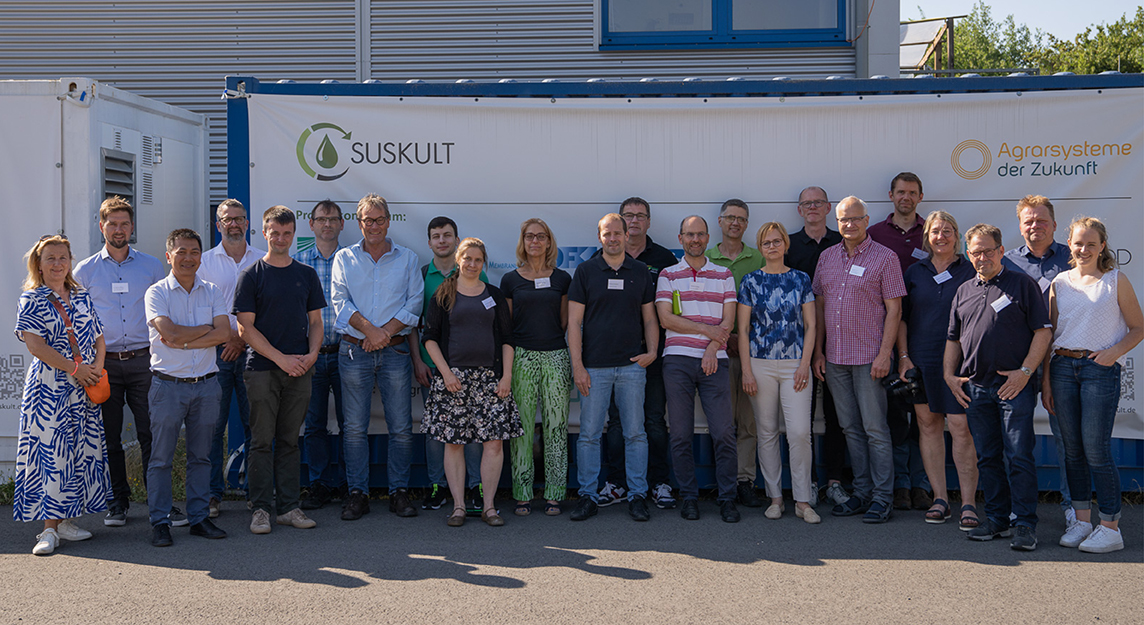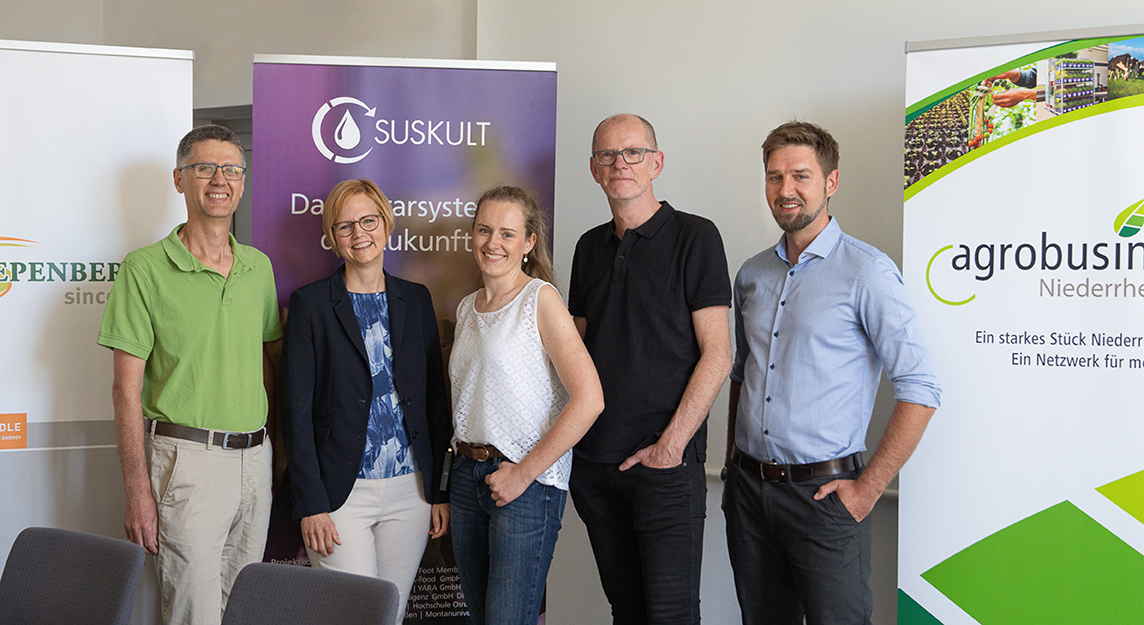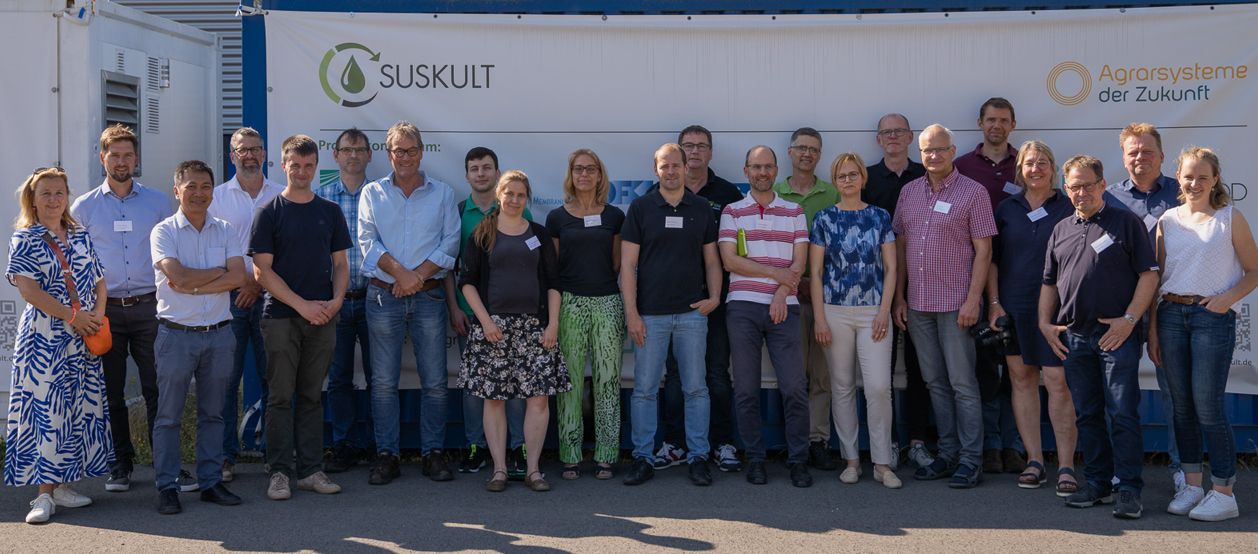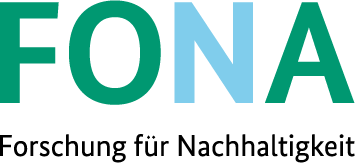Agrobusiness Niederrhein e.V. stellt die RePhoR-Projekte P-Net, SATELLITE und AMPHORE vor


In June, Agrobusiness Niederrhein e.V. hosted an event at the Emschergenossenschaft wastewater treatment plant in Dinslaken to present different ways of recycling nutrients from wastewater and to discuss the legal framework and challenges. Among the projects presented were the RePhoR joint projects P-Net, SATELLITE and AMPHORE.
At the beginning of the event, Dr. Dennis Blöhse of Emschergenossenschaft/Lippeverband (EGLV) started with a report on the wastewater industry’s perspective on nutrient recycling. The obligation to recover phosphorus, which will apply from 2029, will also affect EGLV’s plants. For this reason, EGLV is already working intensively with other water industry associations and subsidiaries, as well as with scientific institutions, on ways to implement the legal framework.
Dr. Blöhse presented, among other things, activities already completed in the European INTERREG NWE project “Phos4You” (2016-2021) as well as current activities in the project with the acronym “AMPHORE” (2020-2025), which is funded by the Federal Ministry of Education and Research (BMBF) under the funding line “Regional Phosphorus Recycling (RePhoR)”. As part of this project, a large-scale demonstration plant for phosphorus recycling will be built in Bottrop, Germany, by a newly founded company, PhosRec GmbH, and will be in operation from 2024.
SF-Soepenberg GmbH, an active project partner of P-Net and SATELLITE, has developed a proprietary process called iPhos, which extracts phosphate from water and reduces the phosphate content in the dry matter of sewage sludge to less than two percent. The first plant, which will be able to recover phosphate from the wastewater of around 5,000 inhabitants using this process, is due to go into operation this summer.
iPhos and other processes for p-recovery from wastewater produce the mineral struvite, which contains phosphorus, magnesium and nitrogen. Dr. Joachim Clemens of Soepenberg is convinced of the positive properties of struvite as a fertiliser, which is already available for agricultural use. struvite precipitates when magnesium compounds are added to wastewater. This keeps the pipes in sewage treatment plants free and at the same time produces a high-quality raw material for fertilisers.


